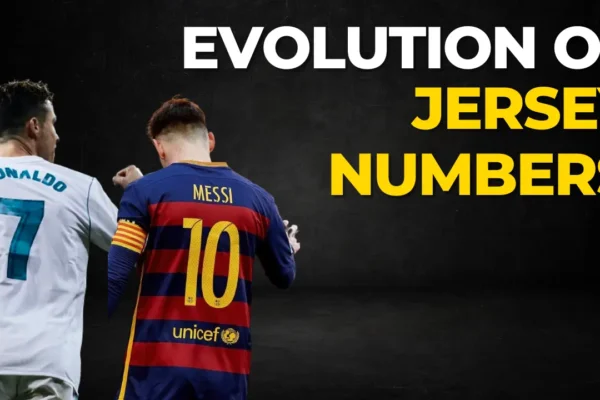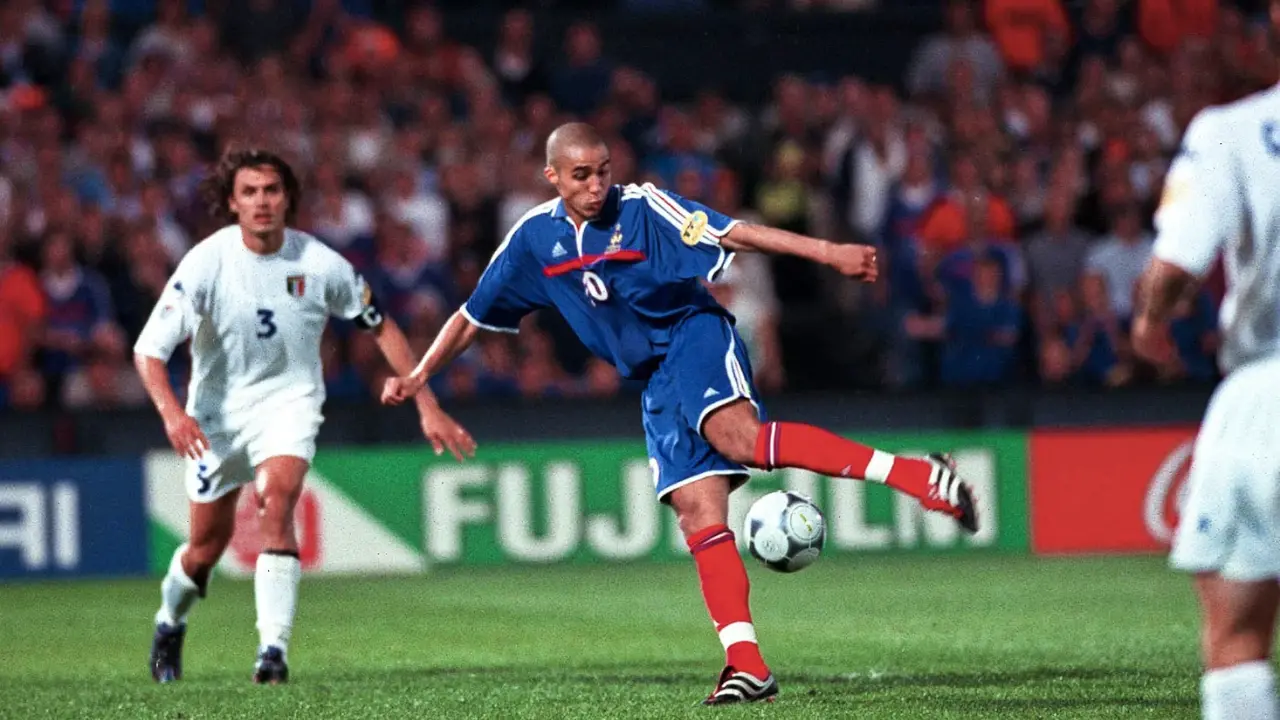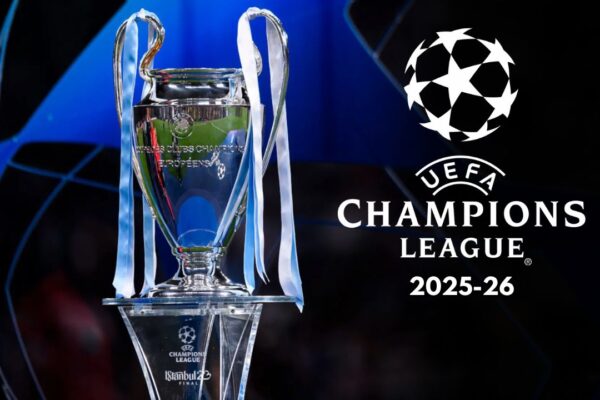

Why was the Golden Goal Removed? The Rise and Fall of the Golden Goal Era
Football has undergone several rule changes and innovations over the years. One significant modification in the late 20th century was the introduction of the “Golden Goal.”
This rule aimed to add excitement and unpredictability to the game, but it was eventually removed. In this article, we will explore why the Golden Goal was introduced and, more importantly, why it was eventually removed.
Why was Golden Goal Introduced?
The Golden Goal was introduced in 1993 by the International Football Association Board (IFAB), the body responsible for the laws of the game. The term Golden Goal was used instead of “Sudden Death” because it was perceived to have negative connotations.
The rule was designed to eliminate the need for penalty shootouts in knockout-stage matches during international tournaments like the FIFA World Cup and UEFA European Championship.
Under the Golden Goal rule, the team that scored the first goal during extra time was immediately declared the winner, and the match ended.
This change aimed to create thrilling and sudden moments of triumph, as well as to discourage teams from playing defensively during extra time as during that time teams more often played cautiously in extra time and took the match to the penalties.
However, the Golden goal had an opposite effect than intended, teams instead of attacking in search of the winning Goal, sat more deep and defended, as their first priority was to not concede a goal rather than score a goal themselves.
Although there was no obligation to implement the Golden Goal rule, FIFA went ahead to test it in Low-level competitions and Youth competitions. The first Golden goal was scored by the Australian midfielder Anthony Carbone in a quarter-final match against Uruguay in the 1993 World Youth Cup.
The first European Championship played with the rule was in 1996, Germany won the Final that year by a Golden goal against the Czech Republic. The first World Cup played with the rule was in 1998.
Why Was the Golden Goal Removed?
Several factors contributed to the removal of the Golden Goal rule from football:
- Lack of Fairness: Many believed that the Golden Goal was not a fair way to decide important matches, as it often came down to a single mistake or lucky bounce. It favored the team that scored first and placed significant pressure on the opposing side, often leading to cautious and defensive play.
- Tension and Nervousness: Golden Goal scenarios created enormous tension and nervousness for players and fans. While tension can add excitement, it could also result in overly cautious play, which was less enjoyable for spectators.
- Potential for Anti-climactic Moments: The rule had the potential to create anti-climactic moments in important matches. The disappointment of fans and players when the game ended with a fortunate, deflected goal or a mistake was palpable.
- Harshness: The Golden Goal was a harsh way to settle matches, as it often resulted in an abrupt and unsatisfying end for the losing team. The rule was especially unpopular among fans when it came to penalty shootouts, which were seen as a more fair and skill-based method for determining a winner.
The Silver Goal Rule :
Looking at the Critics of the Golden goal rule, UEFA introduced the Silver goal rule for the 2002-03 season.
If a team leads after the first fifteen-minute half of extra time, it is the winner, but the game no longer ends the instant a team scores.
Competitions that operated extra time would be able to decide whether to use the golden goal, the silver goal, or neither procedure.
Although the Golden Goal and Silver Goal had their fans, majorly they were mostly seen as failed experiments.
The Golden Goal and Silver were officially abolished in 2004 by the IFAB. The decision was largely influenced by the controversy surrounding its use in the 2000 UEFA European Championship, particularly in the final, where France defeated Italy via a Golden goal from David Trezeguet in a match that some felt was decided unfairly.

Since the 2006 FIFA World Cup in Germany, the golden goal has never been used in the event of a drawn match during the knockout stage, as FIFA restored the previous rules: in the event of a drawn game after the regular 90 minutes, two straight 15-minute periods of extra time are played. If scores remain level, the winner is decided by a penalty shoot-out.
Conclusion:
The Golden Goal was a noble experiment aimed at adding excitement to football matches, but it ultimately did not stand the test of time. The rule’s abrupt and often unsatisfying conclusions led to its removal from the game.
While it had its moments of drama and tension, football’s governing bodies and fans decided that the more equitable and skill-based method of penalty shootouts was a better way to determine the outcome of matches that could not be settled within regular or extra time. The Golden Goal era may have ended, but the rich history and evolution of football continue to captivate fans worldwide.







